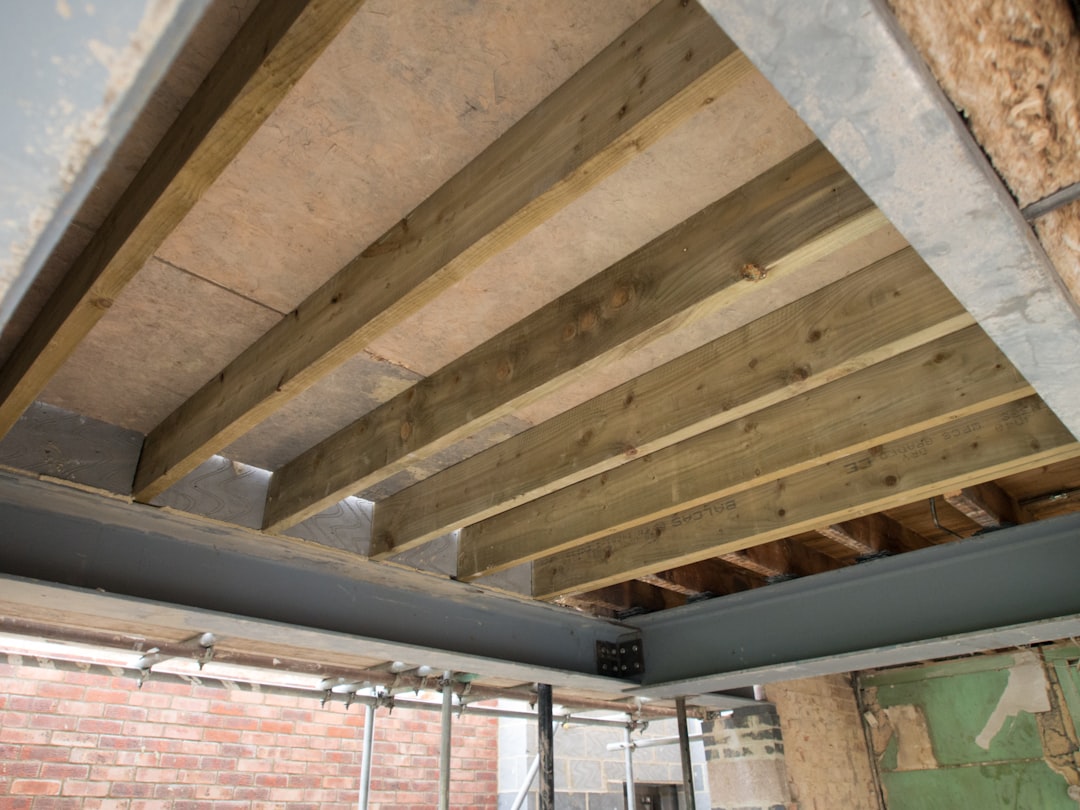CountBricks guides residential ceiling tile costs
Price source: Costs shown are derived from our proprietary U.S. construction cost database (updated continuously from contractor/bid/pricing inputs and normalization rules).
Eva Steinmetzer-Shaw
Head of Marketing
Understanding Residential Ceiling Tile Costs
Ceiling tile costs can vary significantly due to factors like material shortages, regional labor rates, and transportation surcharges. As of February 2026, typical costs range from $4 to $20 per sq ft per square foot, depending on the material and complexity. This guide explores the key factors influencing these costs and offers strategies to manage them effectively.
1. Material Choices: What’s on the Grid?
Material costs account for 55-70% of total ceiling tile expenses. Here are current price ranges:
- Mineral fiber tiles: $1 to $7 per sq ft installed
- PVC or vinyl-clad gypsum: $2 to $9 per sq ft installed
- Wood veneer or bamboo: $10 to $70 per sq ft installed
- Specialty acoustical tiles: $12 to $20 per sq ft installed
CountBricks provides real-time pricing from suppliers, ensuring accurate estimates.
2. Grid System and Suspension Hardware
Allocate 15-20% of total costs for T-bar grid, hangers, and trim. Complex designs may require additional support, which CountBricks can identify and adjust for.
3. Labor Rates: National Averages vs. Local Reality
Labor costs range from $2 to $5 per sq ft. CountBricks uses geolocation to apply accurate local rates, eliminating manual look-ups.
4. Room Complexity and Waste Factor
Complex room shapes increase waste. CountBricks calculates precise material needs, reducing shortages and overages.
5. Mechanical, Electrical, and Plumbing (MEP) Coordination
MEP elements can alter tile patterns and labor time. CountBricks recalculates costs instantly with voice commands, providing updated layouts and costs.
Typical Price Ranges: A Quick Reference
- Basic basement refresh: $4 to $20 per sq ft
- Mid-range kitchen upgrade: $9 to $13 per sq ft
- Designer great room: $9 to $13 per sq ft
These prices include demolition, disposal, material, labor, and a 10% contingency. CountBricks offers site-specific calculations for precise budgeting.
Hidden Costs Professionals Should Know
- Asbestos abatement: $1 to $7 per sq ft
- Permit fees: $150–$450
- Electrical rewiring: $300–$600 per room
- Delivery surcharges: 3–5%
CountBricks highlights potential add-ons to prevent unexpected expenses.
Five Pro Tips from CountBricks Estimators
- Order extra tiles to avoid mismatches later.
- Use two crews for large ceilings to reduce labor hours.
- Seal cut edges to maintain fire rating.
- Specify rust-resistant grids for basements.
- Schedule inspections before drywalling to avoid realignment costs.
How CountBricks Future-Proofs Your Ceiling Budget
Dynamic Pricing Protection: Locks material prices for 30 days.
Change Order Clarity: Updates costs with any scope change.
End-to-End Paper Trail: Integrates with accounting software for seamless workflow.
The Bottom Line
CountBricks provides accurate, real-time estimates, helping contractors manage budgets effectively and ensure client satisfaction.
Case Spotlight: Turning a Patchwork Basement into a Showpiece
A homeowner in Roseville needed a modern acoustic ceiling installed quickly. CountBricks facilitated a rapid workflow, suggesting Class-A PVC acoustic tiles and providing a full material list with live pricing.
CountBricks Rapid-Fire Workflow
- Contractor inputs project details via voice command.
- AI suggests materials and generates a material list.
- Local labor rates and waste factors are applied.
- Homeowner receives a digital quote for approval.
- Installation is completed efficiently, under budget.
Results
- Final costs were $380 under budget.
- Project completed 24 hours early.
- Improved property listing price by 4%.
Why Contractors Keep Choosing CountBricks
- Voice-activated estimates reduce office time.
- Real-time material feeds ensure accurate pricing.
- Integrated invoices speed up payment cycles.
Explore more at CountBricks.com.

